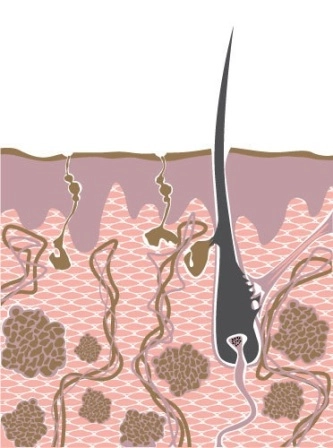Manage These Part B Patient Questions with Ease

You may be a whiz with ICD-10 or an ace when it comes to filing claims, taking a pulse, or giving a shot, but, even the most learned health care aficionado can get flummoxed by the offhanded Part B inquiry.
In an effort to help our readers address those challenging queries that arise from time to time, here is a quick go-to with official back-up for three common but complicated questions Part B patients often ask.
1. I was mending my fence and cut my arm on the wire. Is the tetanus vaccine covered under my Part B coverage?
In the case of vaccinations, circumstances do matter. Currently under Medicare Part B, there are only three vaccines that are covered: flu, pneumonia, and Hepatitis B (only for high risk patients). However, for example, if you suffered a wound, bite, or were possibly exposed to a deadly virus or disease that required a vaccination, the administration of that drug would be eligible for coverage.
“Some vaccines may be covered under a Medicare Part D Prescription Drug Plan,” advises the MAC, WPS Medicare. “Please contact your Prescription Drug Plan directly or contact 1-800-MEDICARE for more information.”
Resource: To look at what’s covered and what’s not under Part B, visit https://www.medicare.gov/coverage/shots.html.
2. I’m traveling to visit my daughter in Mexico this summer, and I’m on dialysis. Does Part B cover any medical services I might need while there?
No, Medicare usually does not cover care administered when abroad except in three particular circumstances. CMS outlines explicitly what is and is not covered if you find yourself in one of these emergency situations:
If you have an emergency medical situation that starts while you are still in the U.S. and the foreign hospital is closer to your current whereabouts.
You are traveling through Canada from Alaska to the 48 contiguous United States, and you experience a medical emergency that must be dealt with immediately. You may be cared for at a Canadian hospital, but “Medicare determines what qualifies as ‘without unreasonable delay’ on a case-by-case basis,” explains the Medicare Coverage Outside the U.S. report.
The hospital closest to your home is actually in another country and is easier for you to get to in the case of an emergency.
Resource: For more information about what Part B covers for its beneficiaries abroad, visit https://www.medicare.gov/Pubs/pdf/11037.pdf.
3. I’ve had a physical every year since I was 20, but my doctor said Medicare doesn’t cover that. What does Part B cover?
Part B does not cover an annual physical, and this is particularly vexing to senior patients transitioning to Medicare and used to this traditional type of service. Part B does cover an Annual Wellness Visit (AWV) for beneficiaries with twelve months of coverage under their belts, as well as a “Welcome to Medicare” exam when they initially enroll with Medicare.
The AWV visit is a combination of checking vitals and family history with a risk assessment for the possibility of preventing future illnesses and diseases.
Resource: Here’s a peek at what Medicare’s AWV covers, https://www.medicare.gov/coverage/preventive-visit-and-yearly-wellness-exams.html.




